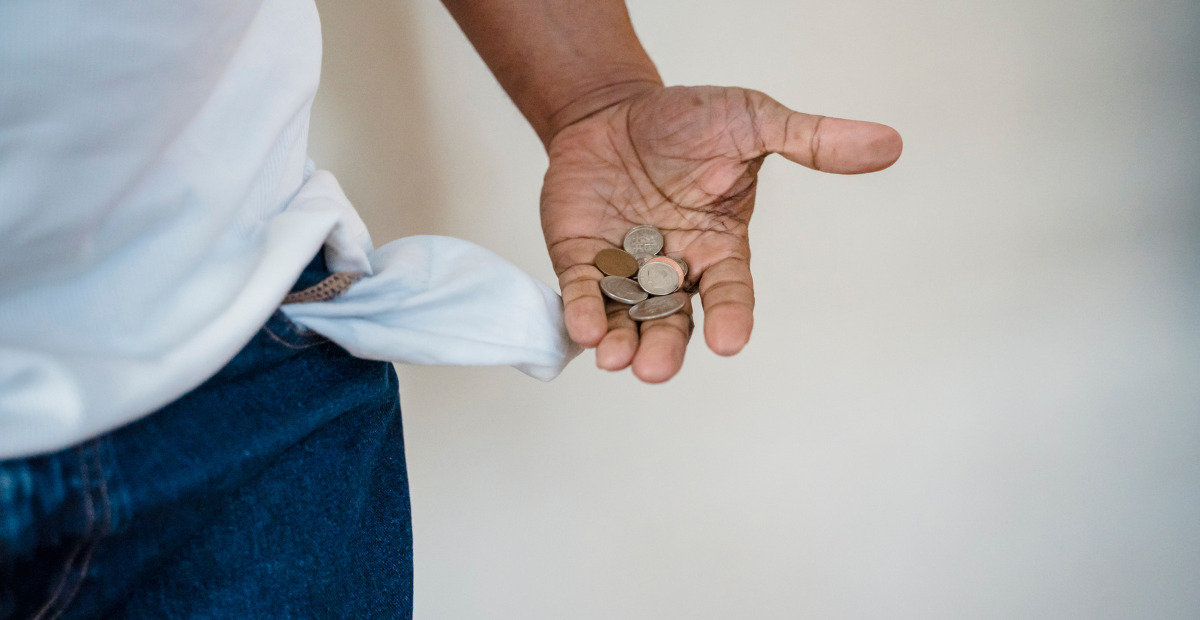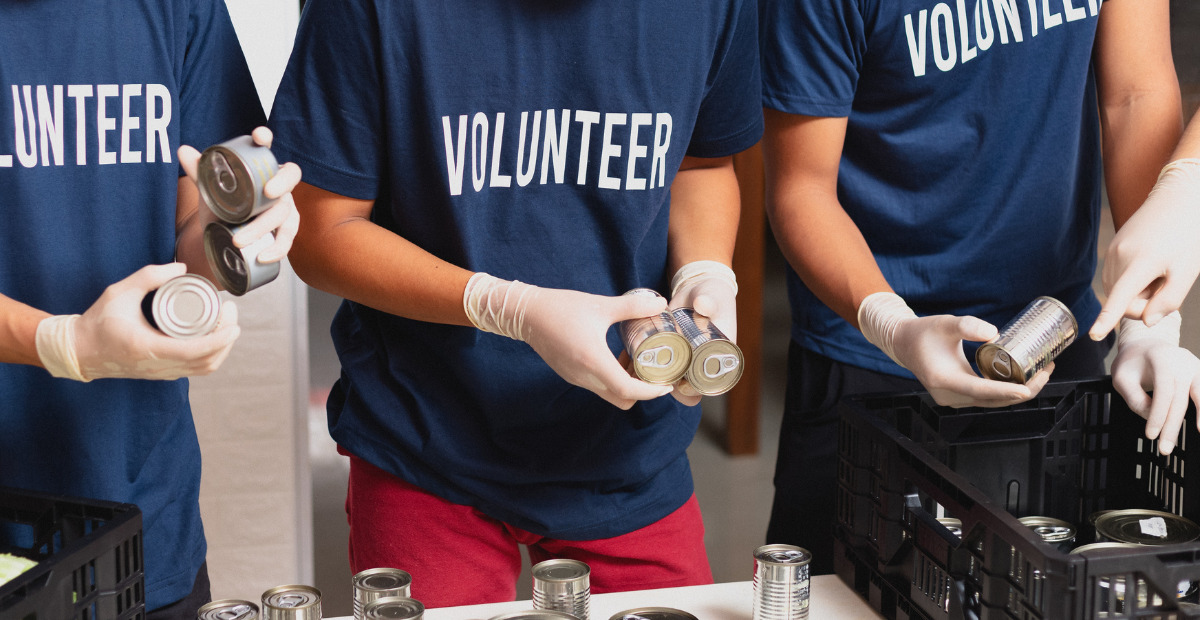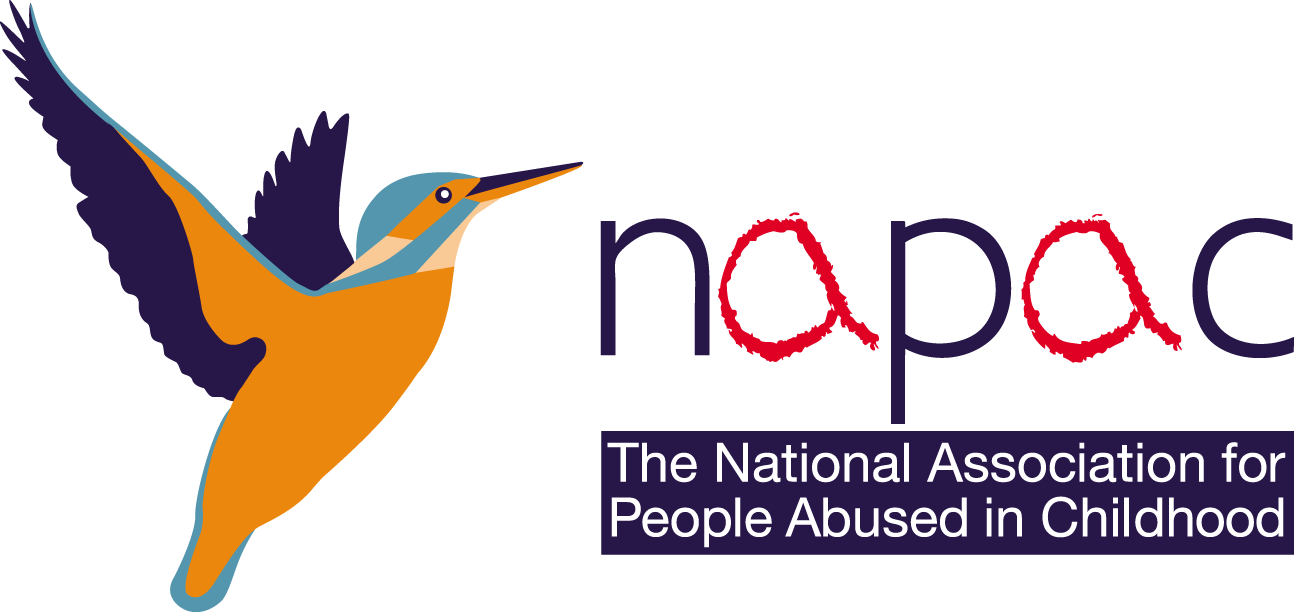
The cost-of-living crisis could have severe consequences for anyone who finds themself in a cycle of abuse or who has recently escaped from a dangerous domestic situation.
The primary issue is that rampant inflation means difficult decisions for those who are already at risk.
Take students, for example. Over the past three years, we’ve seen the number of 18-24-year-olds accessing our website grow from around 4,500 per year to more than 10,000. We know that many of the young adult survivors we support are only able to disclose due to a move away from an abusive or controlling domestic situation.
However, with recent data from the National Union of Students indicating that 12% of all students have experienced homelessness since starting their studies, rising to one in three amongst estranged and care-experienced students, it is evident that vast numbers of survivors are having to choose between potential homelessness and returning to an abusive situation.
This is also apparent in Women’s Aid’s research into domestic abuse, which states that 66% of the survivors surveyed confirmed that abusers are using the cost of living increase as a tool for control and manipulation.
As financial worries spiral, support networks shrink, and opportunities for disclosure become increasingly rare. Social activities are often axed, so survivors may stop seeing friends in safe spaces where they can speak freely. Private therapy is expensive, and with large waiting times for NHS services, many survivors will be without access to vital therapy that facilitates recovery.
Support provision will no doubt be affected too. Rising costs mean that many charities are experiencing a reduction in donations and a restricted supply of volunteers, as some volunteers must return to paid work in order to support themselves. This may in turn affect the ability of charities to meet the demand for their services.

What can be done to prevent prolonged cycles of abuse?
In short, diversity of support and free, safe spaces. As confirmed in the statistics above, survivors from all walks of life are affected and there is no ‘one size fits all’ approach when it comes to support.
The support that a student may need when making a disclosure for the first time is likely to be significantly different to the requirements of a domestic abuse survivor who is looking at potential litigation options. There will be those who are experiencing re-traumatisation when engaging with public services, those who are survivors of emotional abuse, those who were sexually abused, and even those who were not aware until recently that they had experienced abuse.
Free-to-use, safe spaces such as the IICSA benches are imperative for disadvantaged survivors to be able to carry out these conversations at a time when many other avenues for disclosure are unavailable, and an array of support services will be integral to supporting survivors through a time of external and internal upheaval.
